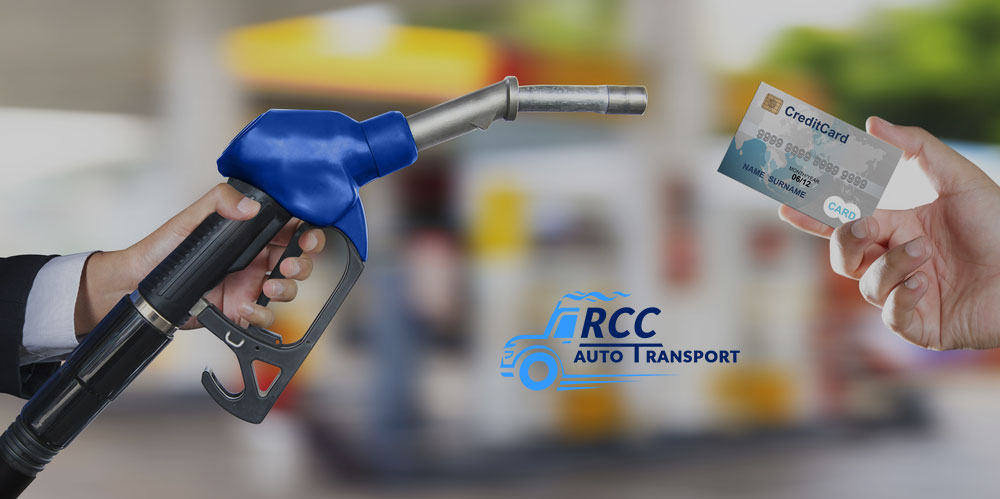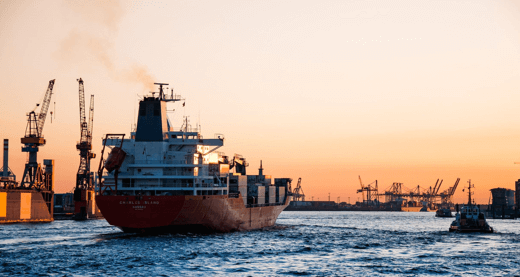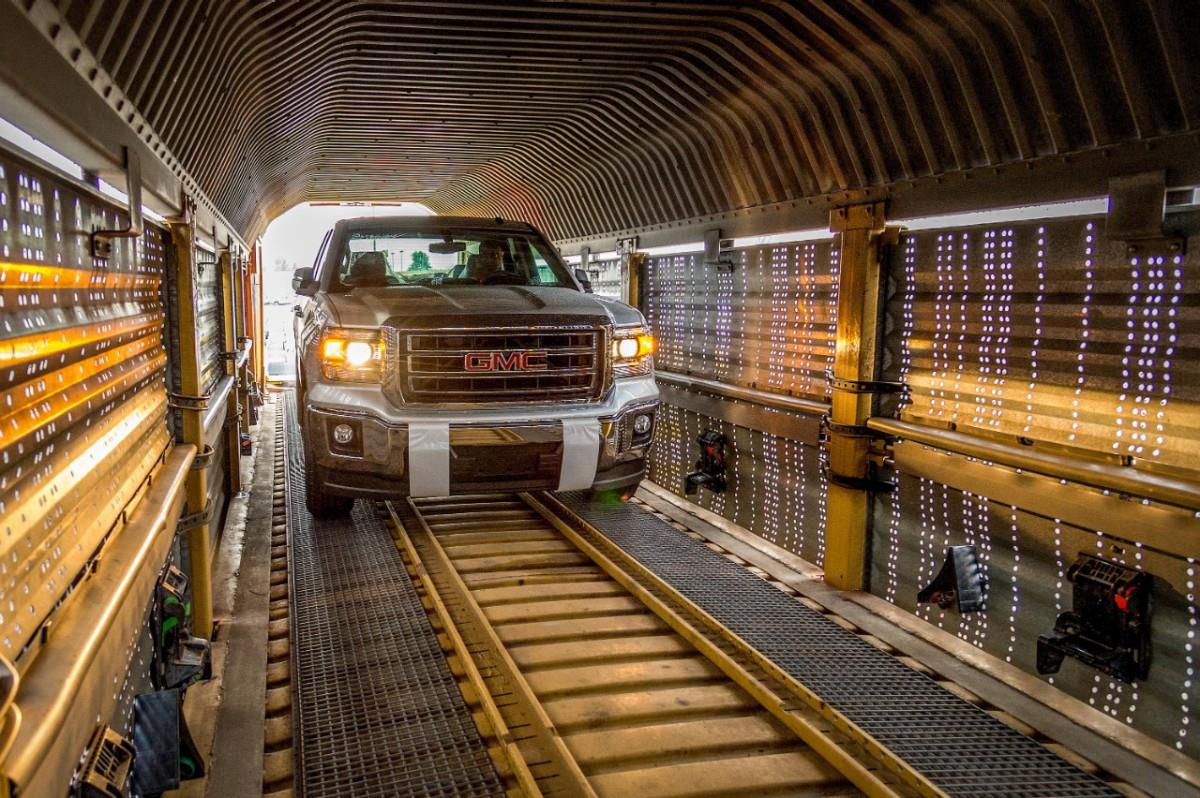Fuel Cards Benefits for Carriers

Fuel cards are nothing new. Like other loyalty cards, they were invented many years ago by gas station chains and travel agencies to build customer loyalty and sell more gasoline. As a counterpart, these companies offered discounts and other advantages to the holders of these cards. Road freight companies (which inevitably use vastly more fuel than the average driver) quickly realized that these cards could help them save significant amounts of money on fuel. Also, they could use them as a security system to keep track of the carriers' expenses on their routes.
Gas stations or gas station chains offer fuel cards, so do various specialized companies at the national level. Most of them offer discounts and prepaid options at a vast network of partner gas stations. As we will see below, gasoline saving is not the only advantage associated with these fuel cards.
What exactly is a fuel card?
A fuel card, also known as a fleet card, is a payment card that works in the same way as a credit card. Drivers of commercial vehicles use it to pay for fuel when filling up at gas stations. Fleet cards can also be used to pay expenses related to the car and its maintenance, depending on each company's policies.
What to keep in mind when buying a fuel card
The fixed price vs. the price of the gas station
With some fuel cards, you can pay a fixed price (within the entire national territory) for gasoline or diesel, while others allow you to refuel at more different points but a fee established at the gas station. You must consider whether you prefer to pay less and access a more limited number of service stations or pay more to be able to choose from a vast network of gas stations.
Big chains or other options?
The choice depends mainly on the type of routes of your fleets. For example, suppose your fleet operates predominantly urban routes. In that case, a supermarket card may give you more advantages than a fuel card from a specific chain by giving you easier access to gas stations. On the contrary, if your fleet makes routes throughout the country or even abroad, a fuel card that allows you to use gas stations in different territories could be a better choice in your case.
Coverage
As we explained previously, the type of coverage you want your fuel card to offer you depends entirely on whether your fleet will make urban, regional, or national routes:
- Urban
If your fleet moves within the same city, you must choose a fuel card that you can use at the gas stations in the area. For this reason, you should opt for the menu of a supermarket that has gas stations in the city since the service stations of the large chains are usually located on the outskirts. This choice will help you reduce expenses and gain flexibility for carriers.
- Regional
If auto transport company travel within the same region on routes between some cities, you will need a fuel card to access a good network of gas stations within that territory. Therefore, before choosing a card, you should check the brands with more service stations in the area or check if there are large specialized companies with agreements with gas stations throughout the region.
- Nationals
Suppose you are going to travel throughout the national territory. In that case, you will need a fuel card that can accept many gas stations throughout the country to avoid deviating from your routes and achieve more significant savings. Fuel cards that cover other expenses, such as food, are also a good option for these trips since drivers often need to make these purchases.
Fuel type
As is customary, there are different cards for each type of fuel, so before buying them, you should think about which one is used by your truck or your fleet (gasoline, diesel, or both).
Spending limit
Some fuel cards have a limit for additional expenses. Some can only be used to buy fuel (most of them), while others also cover different types of services and purchases, such as hotels and food, depending on your business needs. Depending on your fleet's activity, you should choose the most effective card for your drivers and your company.
Fuel Cards Benefits for Carriers
One big saving
One of the main advantages of fuel cards is that they often offer discounts on fuel purchases to loyal customers who agree to use certain specific service stations. These types of discounts can vary a lot, but every penny you save when you fill-up the tank can help you save thousands of euros in the long run. Today, thanks to the ability to collect data in real-time, many fuel card providers regularly change fuel prices throughout the country. It means that drivers can find the lowest prices for their journeys close to where they are.
Fuel cards also allow you to enjoy discounts on products other than gasoline or diesel. Depending on the card you purchase, you will be able to benefit from various types of values: on maintenance, tires, repairs, document scanning, accommodation, food, and drink, among other frequent expenses in fleets.
2. Improved security and control
Fuel cards provide fleet managers with comprehensive, practical, real-time information on drivers' spending, helping them a budget and set spending limits. Having the complete detail of the expenses made with the cards also allows them to avoid possible fraud. A fuel card guarantees that these types of activities do not occur when transporters pay for gasoline or other types of services while they are on the road.
3. Flexibility and facilities
Fuel cards offer carriers great flexibility in choosing the gas stations where they will refuel, as they can be used, often with attractive discounts, in a large number of establishments throughout the country. As we pointed out before, they also allow drivers to access real-time information about the nearest service stations and with better prices. It can help you save a lot of money, as carriers spend less fuel searching for gas stations and don't have to pay the higher gas station price.
Popular Posts
-

December 12, 2022
How Does RCC Auto Transport Works? -

December 15, 2022
What Happens When you need to… -

December 14, 2022
How To Ship A GMC Sierra -

December 13, 2022
How to Ship Small Equipment
